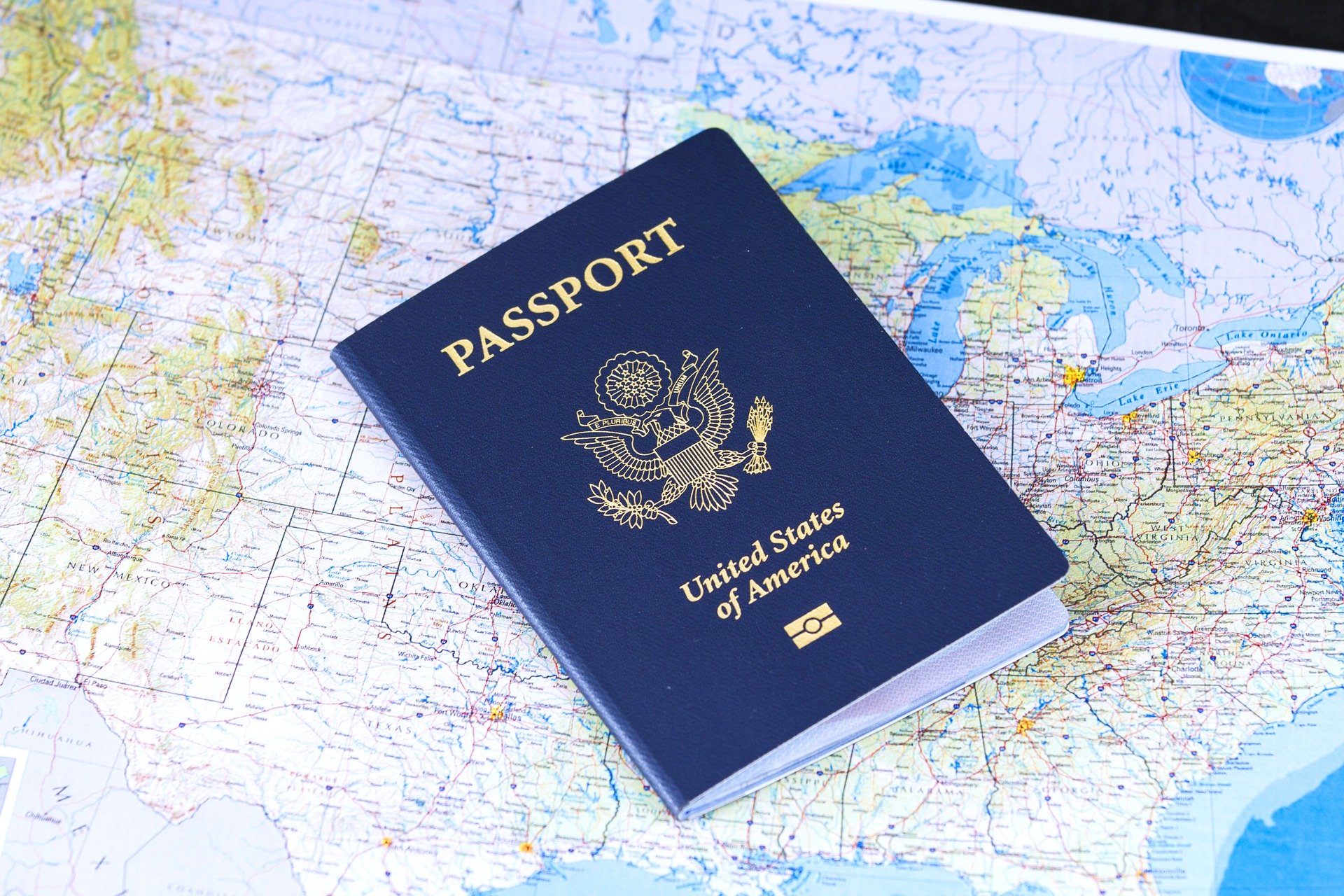Last week, the United States Citizenship and Immigration Services (USCIS) updated its policy manual to clarify acts that may prevent a naturalization applicant from meeting the good moral character requirement.
A successful naturalization applicant must show that they have been, and continue to be a person of good moral character during the statutory period prior to filing the application for naturalization and up until taking the Oath of Allegiance. The statutory period is generally give years for permanent residents of the United States, three years for applicants married to U.S. citizens, and one year for certain applicants applying on the basis of qualifying U.S. military service.
Two or more DUI Convictions
Firstly, the policy manual clarifies that two or more DUI convictions during the statutory period could affect an applicant’s good moral character determination (Matter of Castillo-Perez). However, applicants with two or more DUI convictions may be able to overcome this presumption by presenting evidence that they had good moral character even during the period within which they committed the DUI offenses.
DUI refers to all state and federal impaired-driving offenses, including driving while intoxicated, operating under the influence, and other offenses that make it unlawful for an individual to operate a motor vehicle while impaired.
Post-Sentencing Orders
Secondly, the policy manual clarifies the definition of “term of imprisonment or a sentence” to mean, an alien’s original criminal sentence, without regard to post-sentencing changes. Post-sentencing orders that change a criminal alien’s original sentence are only relevant for immigration purposes if they are based on a procedural or substantive defect in the underlying criminal proceeding.
Furthermore, the policy guidance provides the following as examples of unlawful acts recognized by case law as barring good mood character (this list is not exhaustive):
 Visa Lawyer Blog
Visa Lawyer Blog














